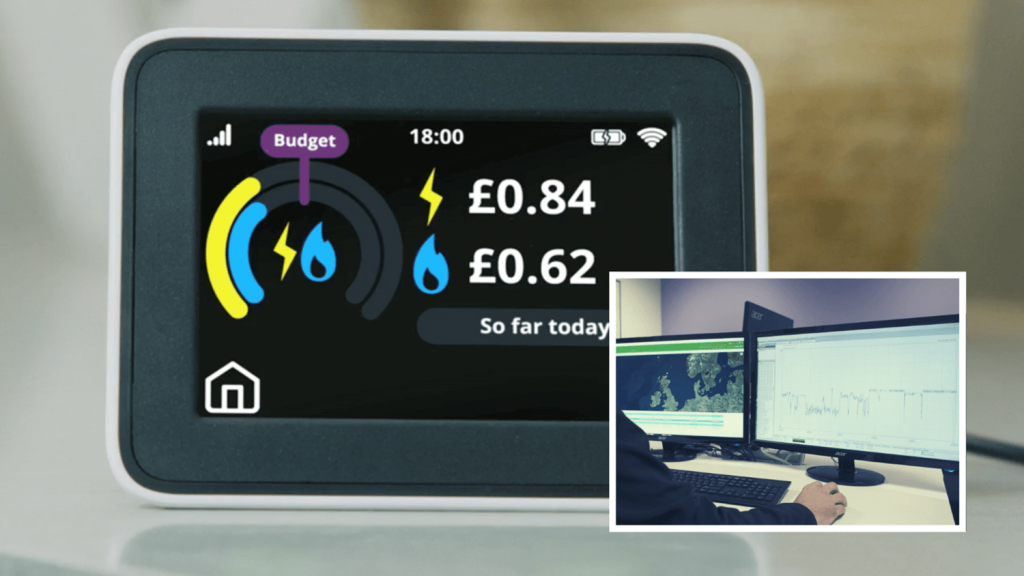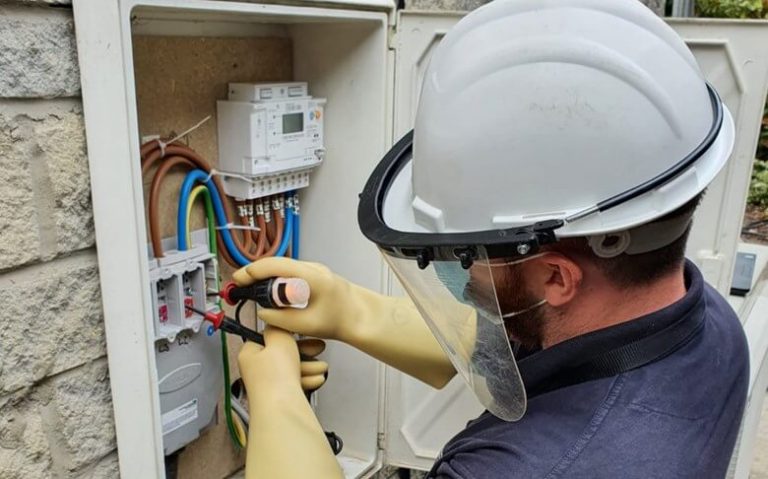Early adopters of half-hourly settlement stand to benefit as Ofgem announces MHHS

Ofgem’s introduction of Market-wide Half-Hourly Settlement (MHHS) in 2025 will further incentivise smart energy tech and decarbonisation, with UK consumers set to save billions of pounds in energy costs as a result, according to the market regulator. Yet the major question for energy suppliers remains: why wait for the market-wide mandate when you can get ahead with Elective Half-Hourly Settlement (EHHS) already?
When Ofgem put forward its roadmap recently for the introduction of Market-wide Half-Hourly Settlement (MHHS), the scale of opportunity presented to the electricity retail market was certainly not lost on us.
That is because, with almost half of the UK’s homes and businesses now having had a smart or advanced (AMR) meter installed, SMS estimates that there are approximately £200m per year of potential savings to be realised by energy suppliers through deploying Elective Half-Hourly Settlement (EHHS) on their portfolios. This estimation is based on the EHHS and smart tariff design services that SMS has already delivered to the market’s earliest adopters, including Social Energy.
Indeed, since 2017 suppliers have already been able to choose to settle their smart meter customers every 30 minutes through Ofgem’s EHHS framework. However, when introduced in October 2025, MHHS will shake-up the market and mandate all UK suppliers to switch their entire smart meter portfolios to half-hourly. The potential impact of this transition, and the untold benefits for suppliers, customers, and our environment, should not be underestimated.
But before looking at the opportunity at stake here for suppliers specifically, it is necessary to touch on the implications of the smart settlement transition for UK consumers and the UK’s energy system as a whole.
Smarter settlement for our low-carbon energy revolution
The national rollout of smart meters, which allow the amount of energy used (or exported) to be measured every half hour of the day, acts as an enabler for suppliers to offer consumers new products and services, for example by supporting uptake of electric vehicles and smart home appliances through new time-of-use tariffs.
Whilst some disruptive suppliers, including many of SMS’s clients, have been early adopters of EHHS – allowing them to benefit from these innovations and gain a competitive edge – the market-wide settlement reform will now further facilitate this move to a smarter, more flexible, and more affordable energy system. By requiring all energy suppliers to adopt half-hourly settlement and extend the benefits to their customers, Ofgem estimates that its market-wide reform will save UK consumers up to £4.5bn in energy costs by 2045, not to mention the massive contribution a smarter system will make to the country’s net-zero carbon efforts.
What is the opportunity for energy suppliers?
In addition to opening up opportunities to offer new tariffs and energy-as-a-service offerings – such as EV charging and battery storage – EHHS in general makes the settlement and billing process more accurate, therefore greatly enhancing business efficiency. The fact that EHHS can be implemented without the need to invest in a new billing system (contrary to the common misconception) further increases the cost cutting potential for suppliers.
The earliest adopters of EHHS are already feeling the benefits of the switch. And with half of the UK’s smart and advanced meters yet to installed, the potential for more sustainable suppliers is only set to grow. SMS estimates that the market-wide transition to half-hourly could bring the industry £500m annually in savings once the smart meter rollout is complete.
With four years to go until the rollout deadline and the MHHS reform in 2025, the majority of UK energy suppliers already have ample smart meters within their portfolio to test and trial their HHS capabilities on an elective basis and join the revolution in smarter data settlement as an early adopter.
Half-hourly settlement is a win-win-win scenario for suppliers, consumers, and the environment. Before long (if not already) these advantages will ultimately become too difficult to ignore in what is an increasingly competitive and innovative marketplace.


